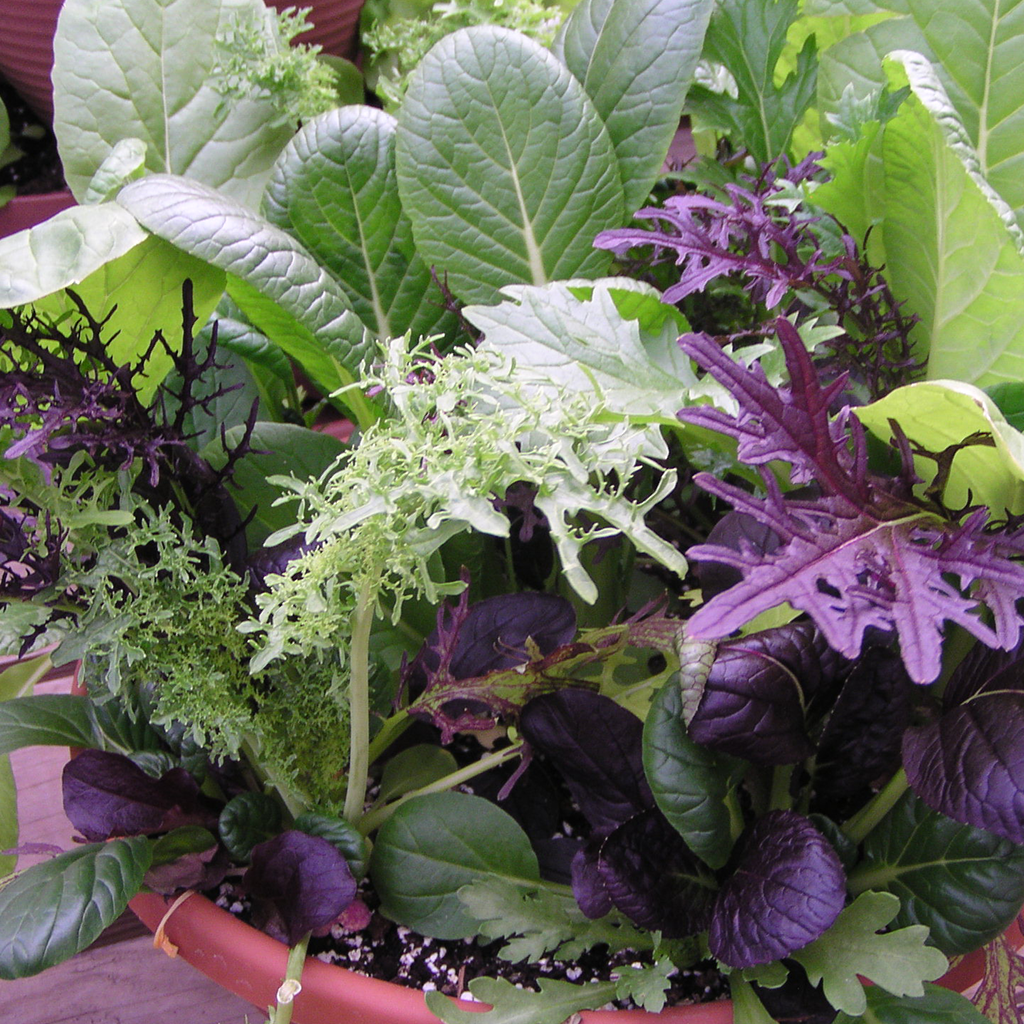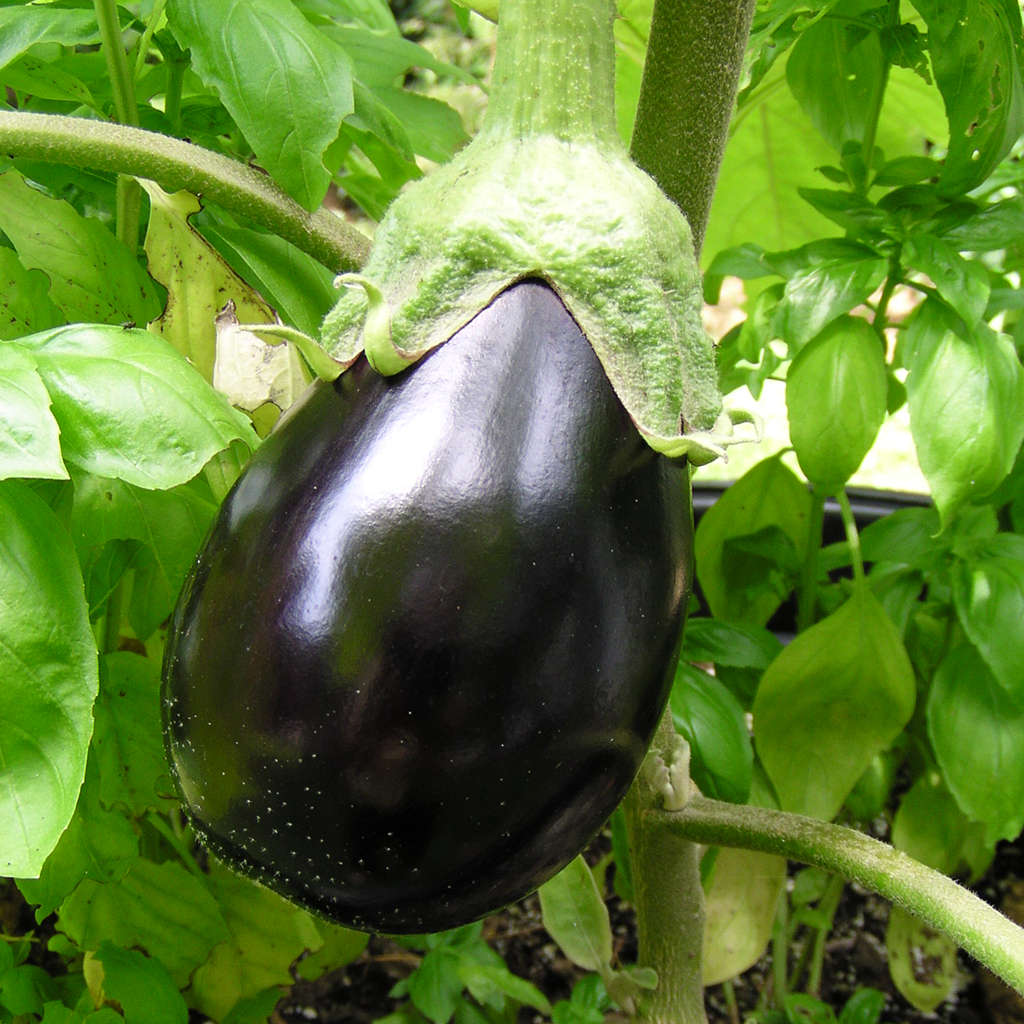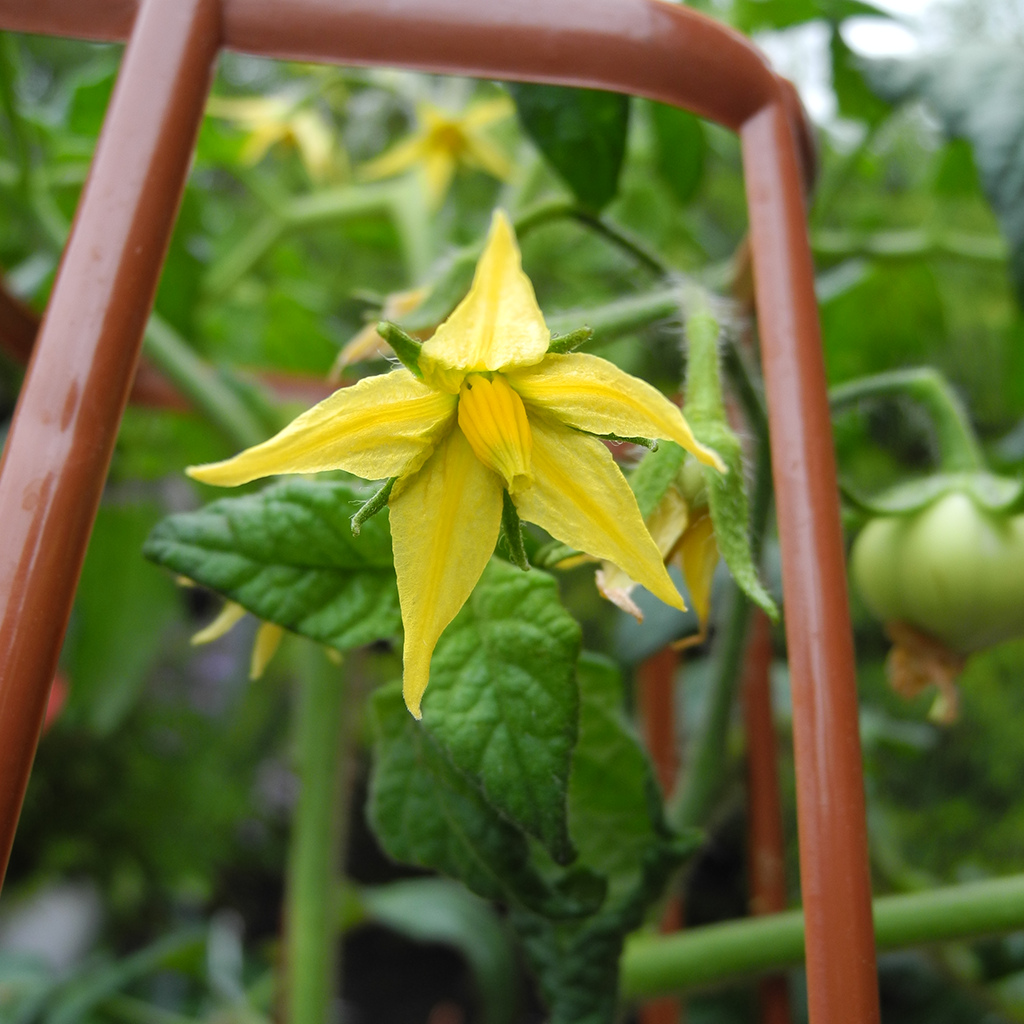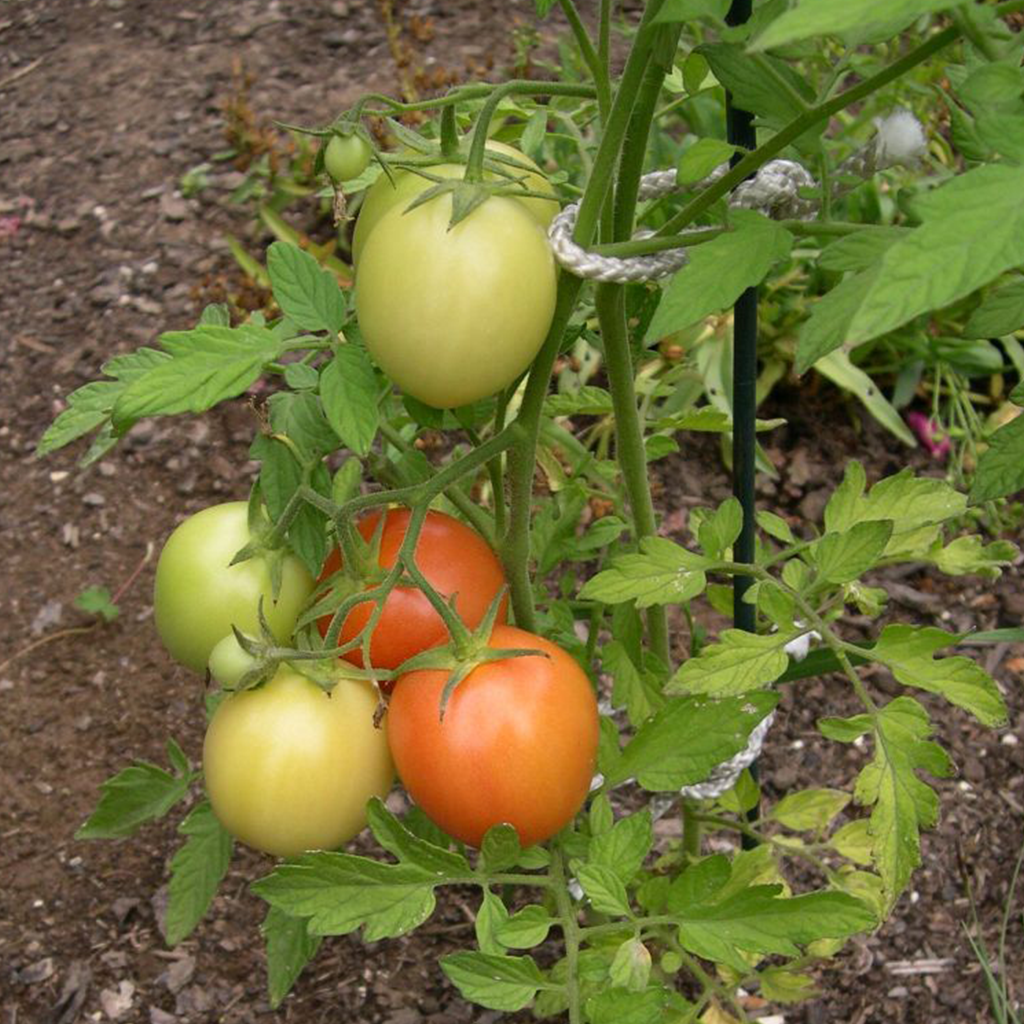First-time veggie gardener? Congrats and welcome to the wonderful world of growing your own. You can have freshly picked tomatoes, peppers, string beans, lettuce, eggplants and more from your garden this summer.
Vegetables always taste better when you grow your own. Before you put the trowel in the ground, here is some food for thought:

– Start small and create a garden space that you can handle. Veggie growing is enjoyable, so don’t bite off more than you can chew.
– Ask yourself how much sunny space do I have? Vegetables need at least 6-8 hours of direct sun each day to grow and thrive. Shady locations mean poor fruiting.
– Short on ground space, or live in a condo or apartment? You can easily grow vegetables in pots or containers on your deck, balcony, or patio. Make sure there are drainage holes in any pots or planters that you use.

– A little planning goes a long way, so plan the garden on paper before you buy and plant.
– You know what vegetables your family eats, so plant for their enjoyment.
– Got kids? Get them involved! Research shows that kids are more likely to eat veggies if they have been involved in the growing.

– If possible, test the soil before you plant. Most veggies prefer a slightly acidic soil pH (6.0-6.8, with 6.5 being ideal).
– Need to turn over that new garden space? Do so when the soil is dry—never wet! Keep your soil healthy by adding organic matter, like compost or composted manure, to your garden soil each season.

– How will you water your garden? Don’t depend on Mother Nature to supply all the water needed. Locate the garden close to a water source.
– If your garden soil is poorly drained, consider a raised planter for your vegetables. Waterlogged soil will cause the plant roots to rot. A bed raised 8-10” off the ground should do the trick.
